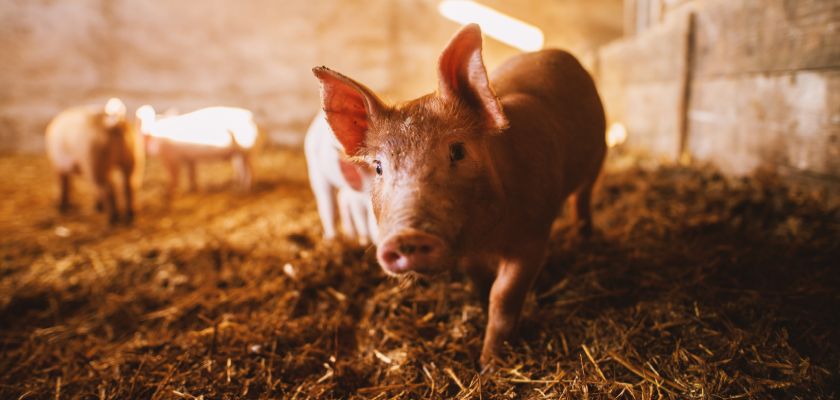-
-
- Advancement of the Professions Committee
- Standards Committee
- Audit and Risk Committee
- Education Committee
- Disciplinary Committee
- Charter Case Committee
- Preliminary Investigation Committee and Disciplinary Committee Liaison Committee
- Registration Committee
- Preliminary Investigation Committee
- Paper classification: some definitions
-
-
-
-
- About extra-mural studies (EMS)
- EMS requirements
- Information for vet students
- Information for EMS providers
- Information for vet schools
- Temporary EMS requirements
- Practice by students - regulations
- Health and safety on EMS placements
- EMS contacts and further guidance
- Extra-mural studies fit for the future
-
-
- Code of Professional Conduct for Veterinary Surgeons
- Code of Professional Conduct for Veterinary Nurses
- Contact the Advice Team
- XL Bully dog ban
- 'Under care' - guidance
- Advice on Schedule 3
- Controlled Drugs Guidance – A to Z
- Dealing with Difficult Situations webinar recordings
- FAQs – Common medicines pitfalls
- FAQs – Routine veterinary practice and clinical veterinary research
- FAQs – Advertising of practice names
- GDPR – RCVS information and Q&As
-
- Accrediting veterinary degrees
- Accrediting veterinary nursing qualifications
- Reasonable adjustments for student vets
- Health and disability in veterinary medicine study and practice
- The role of the veterinary schools and the RCVS
- Reasonable adjustments and the Equality Act 2010
- Reasonable adjustments and Day One Competences
- Examples of reasonable adjustments for vet students
- Annex
- Reasonable adjustments for student vets - summary
- Reasonable adjustments for student veterinary nurses
- Health and disability in veterinary nurse education and training
- Reasonable adjustments for students and the UK disability discrimination legislation
- Educational assessment of veterinary nurses
- Roles of key stakeholders in the application of reasonable adjustments
- Examples of reasonable adjustments for vet nurse students
- Embracing reasonable adjustments for student vet nurses - summary
- External review of the RCVS by ENQA
- Requirements for remote and online student assessments
Farm placement top tips
Get ready for your EMS farm placement with our top tips.

Pack your waterproofs
You may be lucky enough to carry out your placement during a beautiful sunny spell, but let’s be real – this is the UK!
Even if you do have glorious sunshine during your time on the farm, rain is not the only thing that can soak you to the skin. Waterproof trousers will become your best friend, saving your clothes from bodily fluids and iodine stains. Waterproofs can also be easily disinfected, which contributes to biosecurity.
Don't forget your wellies (plus a pair of comfy shoes)
Sturdy wellies are a must. Ones with steel-toecaps will protect your feet from wandering livestock and dropped tools, although they can be heavy, especially when muddy. Pair them high-quality welly socks for maximum comfort and protection.
Layer up
When working outdoors, effective layering can mean the difference between comfort and misery. Begin with a practical, short-sleeved base layer, add an insulating mid-layer such as a fleece, and finish with a waterproof outer layer. You can, of course, include additional layers when needed - for example, another mid-layer in very cold conditions. This layered approach lets you adjust your clothing to maintain a comfortable body temperature in any weather.
Rest whenever you can
If the farmer suggests taking a rest during a quiet period, don't wait to be told twice! You never know when your next chance will be.
Pack a head torch
It’s 2am and the farmer has just woken you up, telling you to be ready in two minutes. A reliable, hands-free head torch is an essential piece of kit for times like this. It won't just help you avoid obstacles on the way to the emergency, but will also keep your hands free so you can assist if necessary.
Don't forget the snacks
Farm work is unpredictable. It’s guaranteed that just as you're about to sit down to dinner, the ewe you’ve been monitoring all day will need help giving birth. Have a cereal bar, fruit or emergency chocolate stash handy. An insulated travel mug with a lid is also invaluable.
Make the most of downtime
It’s unlikely you'll have time to be bored, but it’s good to have some distractions on-hand to help you relax and recharge when your shift has finished. Whether it's a good book or streaming a series, taking time out to really switch off is crucial to your mental wellbeing.
Stay curious
Learn about the species and breeds you’ll see, and ask questions to show your enthusiasm. Timing is everything, though: the best time to ask a farmer why a calf died during calving may not be immediately after the event. They may, however, be open to discussing it later.
Respect earns respect
Farmers work long, stressful hours. Be polite, patient and grateful. Communicate any specific needs beforehand. Courtesy goes both ways.
Mind the gate!
Always remember to leave a gate as you found it. A farmer might close a gate to contain animals, or leave it open to give them access to other areas.
Hygiene matters
It's essential to be familiar with biosecurity and preventing the spread of zoonotic disease. Although hand gel is useful, it doesn't replace good hand hygiene. Remember to wear PPE and have dedicated work clothes. Wash everything, including yourself, at the end of the day!
Relax - don't panic
This experience may be completely new to you, but you have a valuable role to play and the team will welcome the extra pair of hands. By the end of your placement, you’ll have gained valuable skills, expanded your network and hopefully created some great memories!